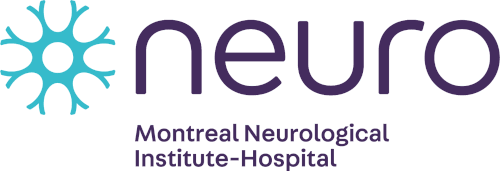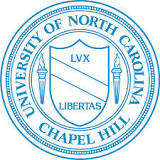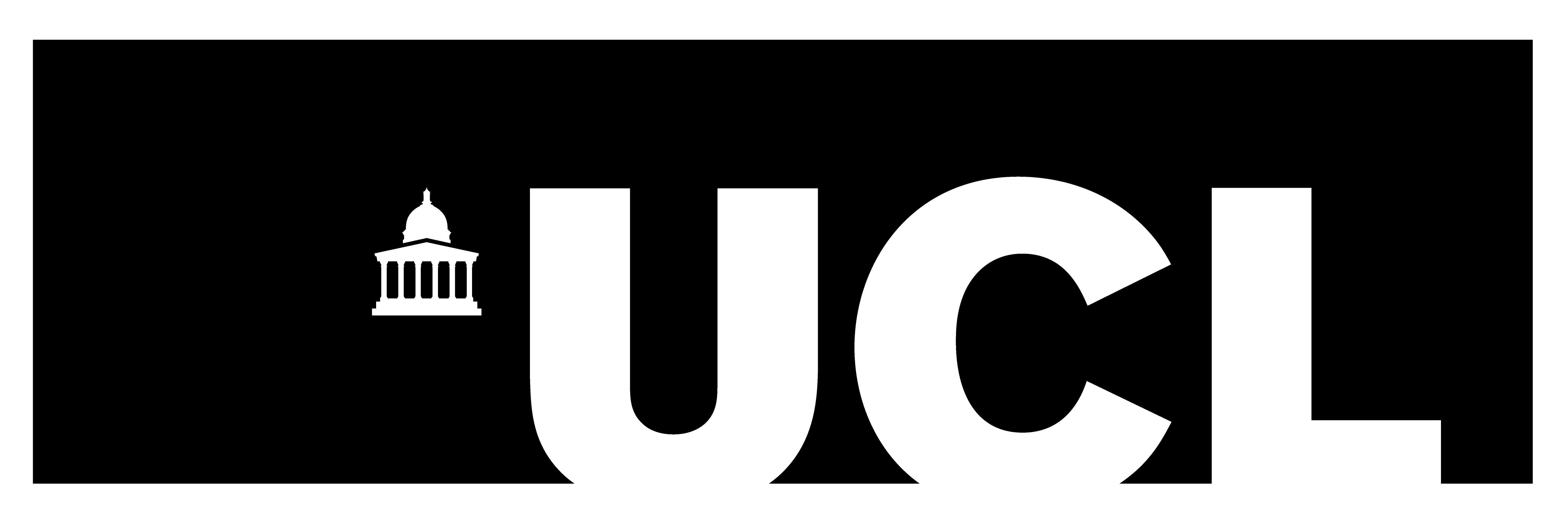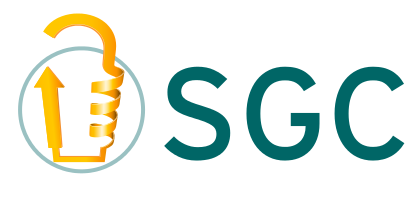 |
 |
 |
 |
 |
 |
Why put science in the public domain?

At the SGC, we want to help stimulate the discovery of new medicines – yet we explicitly do not file for patents and promptly release information that is customarily kept secret until publication. How are we helping drug discovery by releasing our information promptly and without restriction? Patents are the key to protecting a drug’s market rights, and this provides the incentive for drug companies to take big financial risks…so how does making knowledge freely available help pharma? Isn’t this a non sequitur?
What is the evidence that drug discovery is hard? Follow the money. For the past 50 years, more and more money has been spent each year on drug discovery research, yet the same number of new drugs has been produced each year. Productivity has been in constant decline. That reality is pretty stark. It is also humbling that 95% of novel drugs fail to work as planned when tested in patients, at a cost of tens to hundreds of millions per attempt. It is not only distressing for society, but it’s an expensive way to run a business. And though hope reigns eternal that we will be able to fix this with technology: this trend has held true in spite of the emergence of a ”game-changing concept or technology” every few years. FYI, the latest “sure-fire ways to transform drug discovery” are “systems biology” and “personalized medicine”….we’ll see.
What’s the problem? I think the most fundamental issue is that we (60 years after the discovery of DNA and ten years after the genome) still have a meagre understanding of how the human body works and what goes wrong when we get sick. But after all this time and money spent, how can this be so? why don’t we know more? Unfortunately we scientists are in part to blame. The reality is that 90% of us study the same 10% of the genes in our genome. And most of these genes are the ones we have been studying for decades. This strange behaviour of biomedical researchers is a topic for another day. But as a result, we know a lot about a few genes, but diddly about most of them. And this knowledge gap has predictable consequences. If you don’t know how a machine works, it’s very hard to fix it. If you don’t know how a human being works, it’s very hard to fix it. Is it surprising that 95% of novel drugs that are tested in patients fail to work as planned? Not to me. Shouldn’t be to you either.
So…if you had the chance to start afresh, what would you do to have the greatest impact? In one universe, you could focus on discovering as much as possible, laying down a minefield of patents in your wake…and try to extract money for each. Alternatively, acknowledging that this strategy has been tried by others in the late 1990’s, and failed to help much, you could opt to use your resources to forge into the “90%” where none have gone before, to discover all sorts of cool stuff and share it with all. Albeit it’s a hypothesis, but more knowledge with faster uptake should lead to greater understanding, better ideas, fewer failures, greater productivity, increased health, increased wealth. Sounds like a good plan to me, and so that was the road we took.
